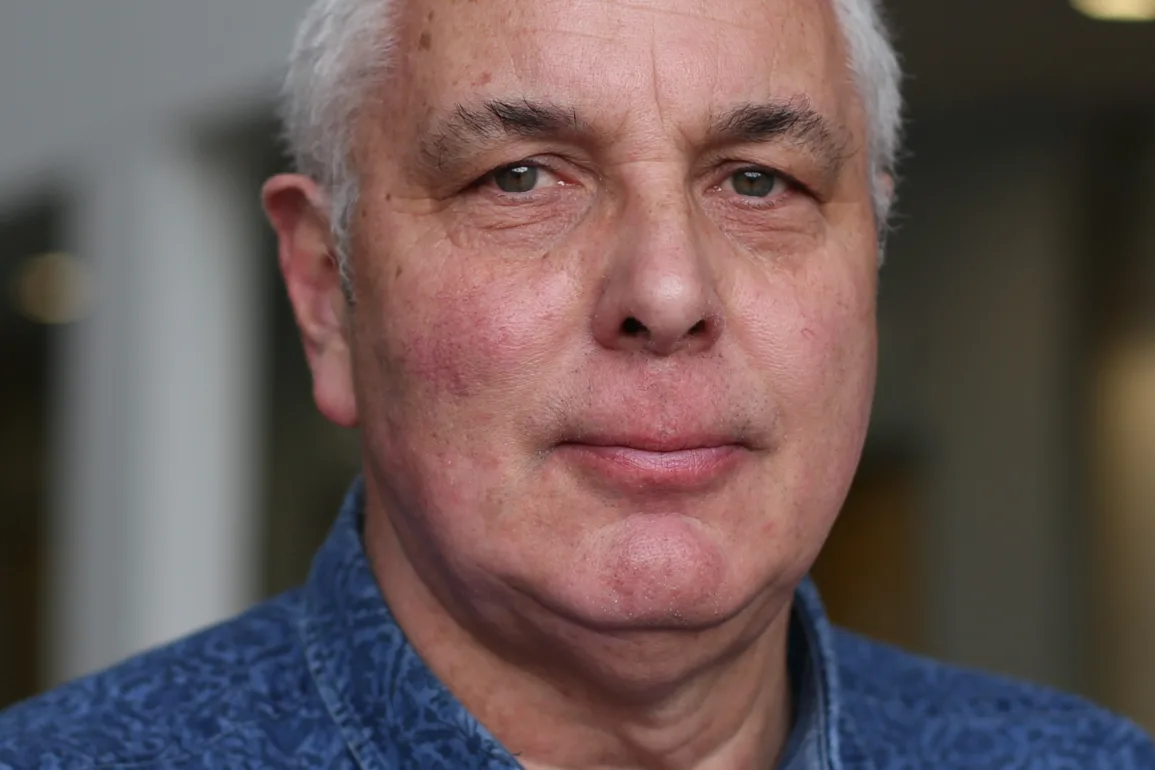This panel discussion will take a fresh perspective by comparing the British and French experience of the legacy of slavery. It will be chaired by Dr Paul Lashmar, Reader in Journalism at the School of Communication & Creativity, with an introduction by Malla Pratt, Director of Racial Equity & Inclusion at Bayes.
Panel members include:
- Laura Trevelyan (Former BBC journalist, advocate for reparations for slavery)
- Tonika Stephenson (co-founder of Liverpool Advocates for Windrush)
- Pierre Guillon de Prince (Descendent of Nantes slave and sugar traders)
- Dieudonné Boutrin, President of the Association La Coque Nomade-Fraternité, in Nantes (descendant of enslaved Africans)
Laura’s work for reparatory justice has led her to connect with Pierre and Dieudonne, who will share their concerns about the slavery legacy in France and its colonies. They will be speaking French and translation will be provided with the support of interpreters.
Following its inaugural Craft Lecture, where Alan Smith, First Church Estates Commissioner at The Church of England, addressed the issue of Capital, Slavery and Corporate Responsibility, Bayes Business School is now pleased to co-host this timely event in collaboration with the Journalism Department of the School of Communication & Creativity.
Please note this event will be filmed.
A drinks reception will follow the event.
Speaker Profiles
Dr Paul Lashmar is a Reader in Journalism at City, University of London and is a former Head of the Department (2019-2021). Paul ha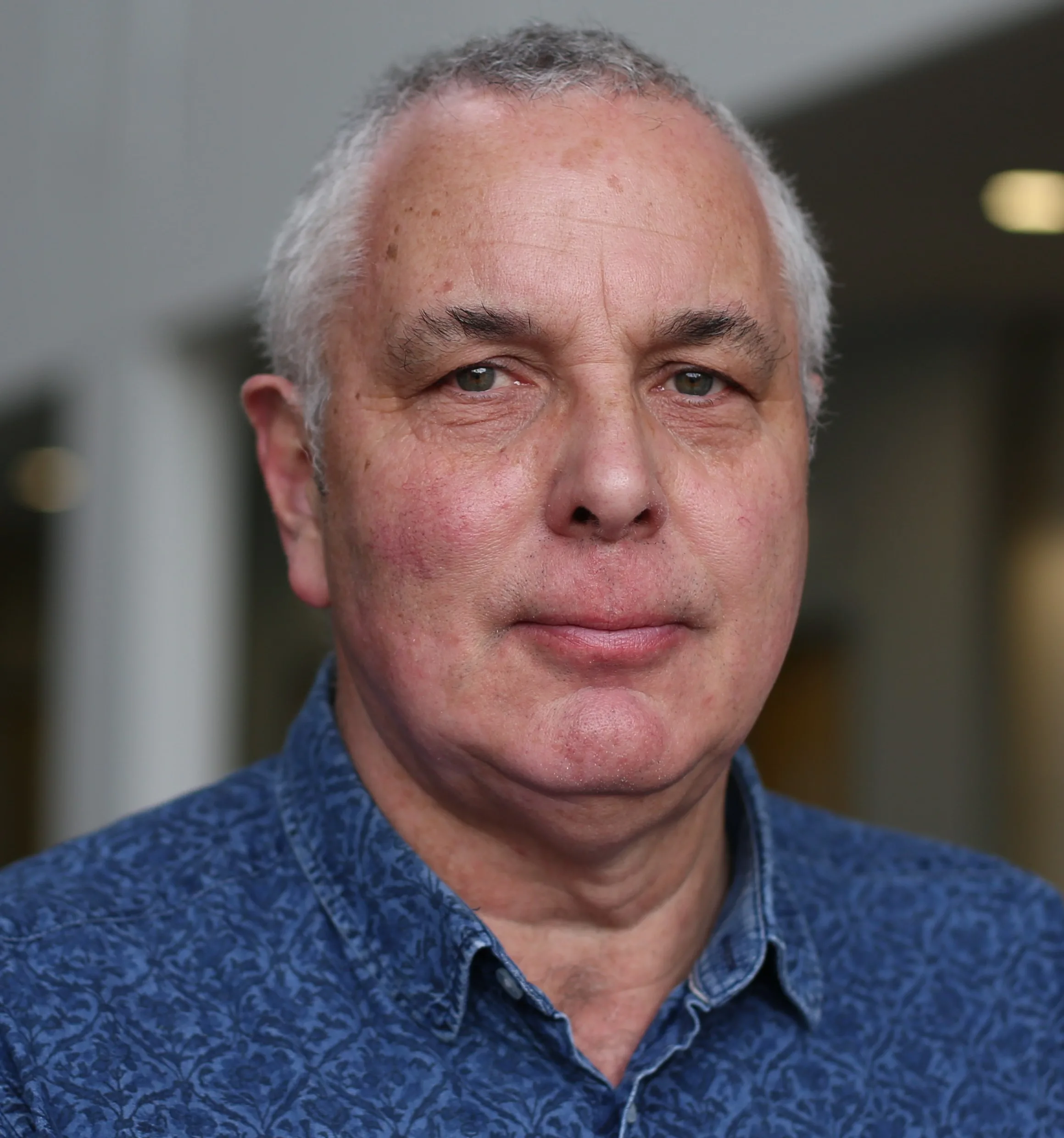 s been an investigative journalist on the staff of The Observer, Granada TV’s World in Action current affairs series and The Independent. Since 2020 he has been writing about slavery and reparations for The Observer and Conversation. He has also just written an unauthorised History of the Drax family of Dorset who still own the former slave plantation at Drax Hall in Barbados.
s been an investigative journalist on the staff of The Observer, Granada TV’s World in Action current affairs series and The Independent. Since 2020 he has been writing about slavery and reparations for The Observer and Conversation. He has also just written an unauthorised History of the Drax family of Dorset who still own the former slave plantation at Drax Hall in Barbados.
Malla Pratt, Director for Racial Equity and Inclusion at Bayes Business School. In 2020 Malla co-chaired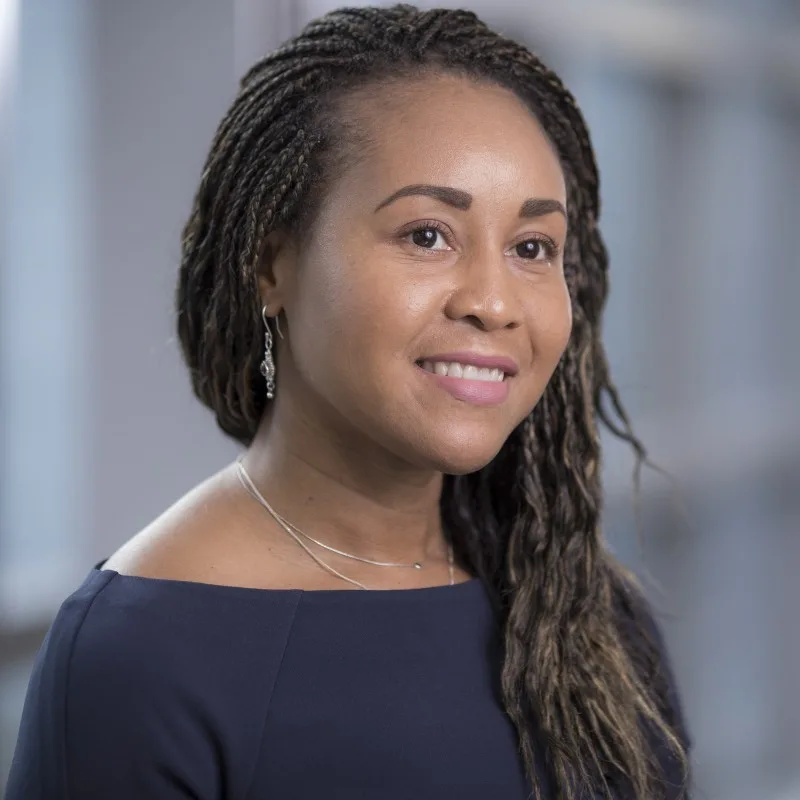 BAME Consultative report that helped provide the school with a road map to improving race equity, she was later appointed as Director of Racial Equity and Inclusion. Since her appointment she has developed a number of important initiatives including the Racial Equity and Inclusion Network (REIN), Inclusive Teamwork workshop for MSc and UG students, EDI staff workshops, launched the UG Black Scholarship and the Craft Lecture Series.
BAME Consultative report that helped provide the school with a road map to improving race equity, she was later appointed as Director of Racial Equity and Inclusion. Since her appointment she has developed a number of important initiatives including the Racial Equity and Inclusion Network (REIN), Inclusive Teamwork workshop for MSc and UG students, EDI staff workshops, launched the UG Black Scholarship and the Craft Lecture Series.
Laura Trevelyan is a journalist and now a prominent advocate for reparations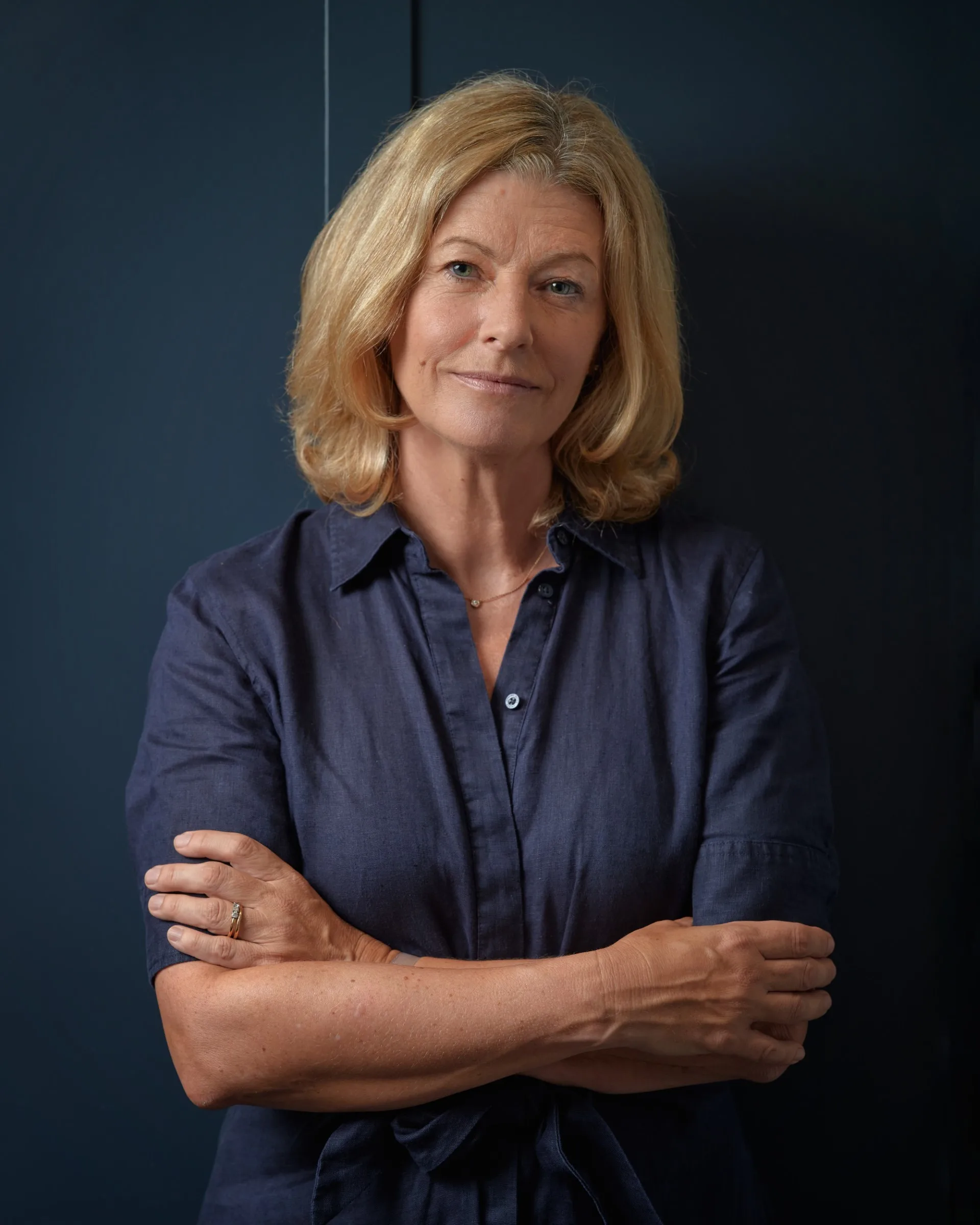 for slavery. She worked for BBC News for thirty years and was an anchor and New York correspondent. In 2022, she uncovered her aristocratic family’s links to slavery in the Caribbean, that some of their ancestors had owned six slave plantations in Grenada. In March 2023 the 120 members of the family signed a letter of apology to the people of Grenada and Laura led their delegation to the Island to deliver the letter. She has personally donated $100,000 to a Caribbean educational trust. She is a co-founder of Heirs of Slavery, a group of British people whose ancestors profited from the enslavement of Africans in the Caribbean. Last year Laura left the BBC to advocate for reparation. She is an Honorary Fellow, PJ Patterson Institute for Africa Caribbean Advocacy, University of the West Indies. Clive Lewis and Laura Trevelyan co-hosted a new podcast Heirs of Enslavement in 2023, in which their explored their shared history in Grenada – Clive a descendant of enslaved Africans, Laura a descendant of the enslaved.
for slavery. She worked for BBC News for thirty years and was an anchor and New York correspondent. In 2022, she uncovered her aristocratic family’s links to slavery in the Caribbean, that some of their ancestors had owned six slave plantations in Grenada. In March 2023 the 120 members of the family signed a letter of apology to the people of Grenada and Laura led their delegation to the Island to deliver the letter. She has personally donated $100,000 to a Caribbean educational trust. She is a co-founder of Heirs of Slavery, a group of British people whose ancestors profited from the enslavement of Africans in the Caribbean. Last year Laura left the BBC to advocate for reparation. She is an Honorary Fellow, PJ Patterson Institute for Africa Caribbean Advocacy, University of the West Indies. Clive Lewis and Laura Trevelyan co-hosted a new podcast Heirs of Enslavement in 2023, in which their explored their shared history in Grenada – Clive a descendant of enslaved Africans, Laura a descendant of the enslaved.
Tonika Stephenson was born in Guyana. She is a British Army Veteran who served over 12 years in the British Army and now lives in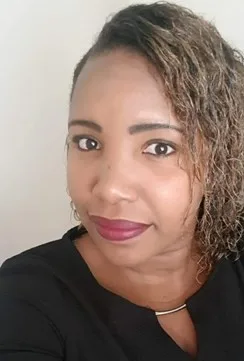 Liverpool. She is training for the bar at BPP University, Manchester, UK. Tonika has a long-standing interest in helping victims of the Windrush scandal and she co-founded Liverpool Advocates for Windrush in 2023. She is interested in the intersectionality between Windrush and the legacy of slavery and has been invited to visit Nantes by her co-panellists. Tonika is a Ph.D. candidate at Edge Hill University, Ormskirk, UK, where her research focuses on the regulatory aspects of greenhouse gas emissions, specifically from fossil fuel-based cryptocurrency mining, and their impact on climate change in the UK, EU, and USA. Concurrently, she serves as a Consultant Paralegal at Crown and Law Solicitors in Manchester.
Liverpool. She is training for the bar at BPP University, Manchester, UK. Tonika has a long-standing interest in helping victims of the Windrush scandal and she co-founded Liverpool Advocates for Windrush in 2023. She is interested in the intersectionality between Windrush and the legacy of slavery and has been invited to visit Nantes by her co-panellists. Tonika is a Ph.D. candidate at Edge Hill University, Ormskirk, UK, where her research focuses on the regulatory aspects of greenhouse gas emissions, specifically from fossil fuel-based cryptocurrency mining, and their impact on climate change in the UK, EU, and USA. Concurrently, she serves as a Consultant Paralegal at Crown and Law Solicitors in Manchester.
Pierre Guillon de Prince is the 83-year-old descendent of a famous Nantes family whose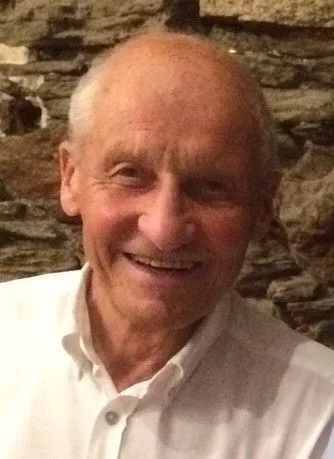 ancestors were slave and sugar traders. Nantes was then the major French port for trade with the Caribbean. At the end of the eighteenth century, the Guillons owned nine merchant ships which plied the “triangular route” of which one arm was transporting slaves They also owned a sugar refinery and a coffee enterprise in Saint-Domingue (Haiti]. Pierre has said of his campaign for reparations, “We can’t be guilty of a crime that we haven’t committed ourselves. However, remaining indifferent to the fact that my ancestors owed their fortune to the sale of human beings does not seem possible to me. Especially when this fortune was large… and even though it has since evaporated.” He has been campaigning with Dieudonné for several years.
ancestors were slave and sugar traders. Nantes was then the major French port for trade with the Caribbean. At the end of the eighteenth century, the Guillons owned nine merchant ships which plied the “triangular route” of which one arm was transporting slaves They also owned a sugar refinery and a coffee enterprise in Saint-Domingue (Haiti]. Pierre has said of his campaign for reparations, “We can’t be guilty of a crime that we haven’t committed ourselves. However, remaining indifferent to the fact that my ancestors owed their fortune to the sale of human beings does not seem possible to me. Especially when this fortune was large… and even though it has since evaporated.” He has been campaigning with Dieudonné for several years.
Dieudonné Boutrin, is also from Nantes and is a descendant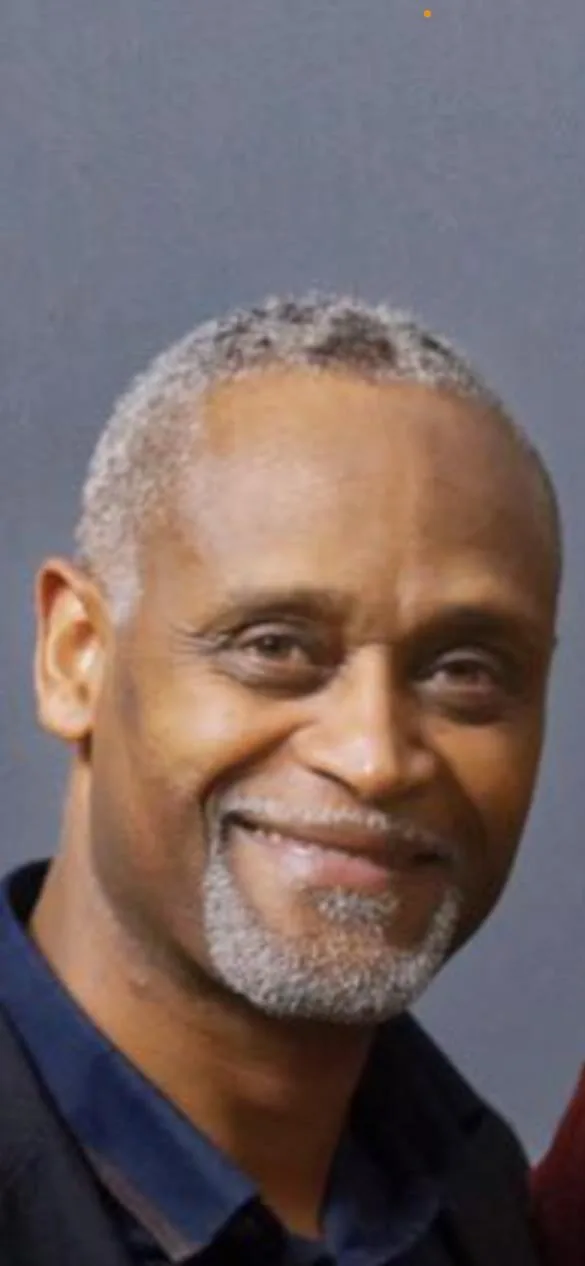 of enslaved Africans fin Martinique. Dieudonné is president of the association La Coque Nomade-Fraternité, a human right organization in Nantes which campaigns on slavery and reparations. “Shame” is a word, he says keeps coming back, whichever way you turn: “You can’t imagine how we, the Caribbeans, are tormented by this shame of being descendants of slaves”. Many French colonies held slaves of which Haiti is the best known, Dieudonné says, “We still can’t tell ourselves that our story began in the holds of a boat! And among the békés (descendants of settlers), recognizing that one’s fortune dates back to the time of plantations and slaves is also a taboo subject. When you add two silences, you always get silence. If nothing changes, Pierre will continue to act alone, and reconciliation will never happen.”
of enslaved Africans fin Martinique. Dieudonné is president of the association La Coque Nomade-Fraternité, a human right organization in Nantes which campaigns on slavery and reparations. “Shame” is a word, he says keeps coming back, whichever way you turn: “You can’t imagine how we, the Caribbeans, are tormented by this shame of being descendants of slaves”. Many French colonies held slaves of which Haiti is the best known, Dieudonné says, “We still can’t tell ourselves that our story began in the holds of a boat! And among the békés (descendants of settlers), recognizing that one’s fortune dates back to the time of plantations and slaves is also a taboo subject. When you add two silences, you always get silence. If nothing changes, Pierre will continue to act alone, and reconciliation will never happen.”


